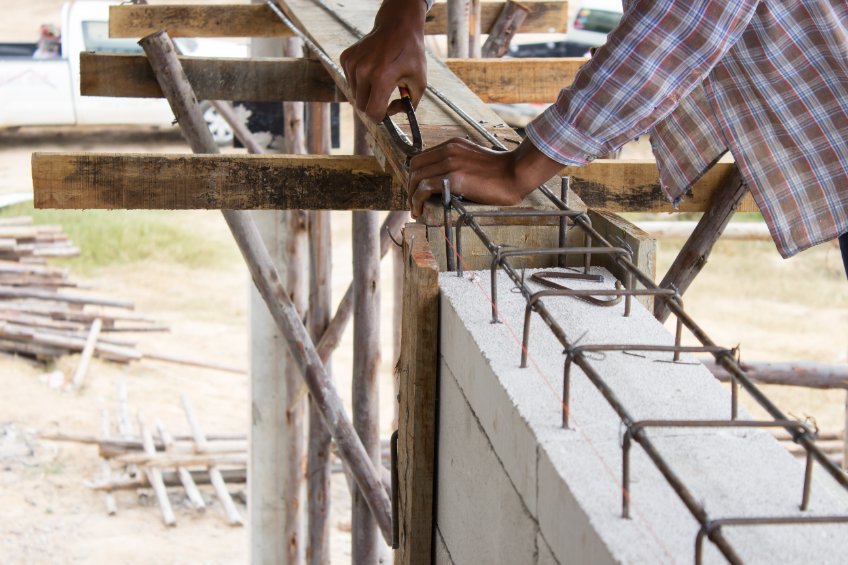Masonry construction has been around for centuries and is a popular choice for both residential and commercial building projects. There are several advantages to using masonry, but there are also some disadvantages that should be considered. This article takes a closer look at both pros and cons of masonry construction.
What is Masonry Construction?
Masonry construction is one of the oldest types of construction, dating back to the early days of civilization. Masonry is typically defined as the construction of structures from individual units that are laid in mortar. The most common type of masonry unit is brick, but stone, glass block, and precast concrete are also frequently used. In addition to being durable and fire-resistant, masonry construction has a number of other advantages. For example, masonry buildings tend to be very quiet because the solid walls block out exterior noise. Masonry is also very energy efficient, providing good insulation and helping to keep homes and businesses cool in the summer and warm in the winter.

When properly installed, masonry can provide a long-lasting, low-maintenance solution for both commercial and residential construction.
Advantages of Masonry Construction
The use of bricks, stone, and mortar provides a number of advantages over other construction methods.
- Fire Resistant
One of the most important benefits of masonry is that it is fire resistant. When properly constructed, masonry walls can withstand high temperatures and prevent the spread of fire. This makes masonry an ideal choice for buildings that need to meet strict fire safety codes.
- Resistant To Pests And Rot
Since masonry is made of natural materials like stone, brick, and mortar, it does not provide an appealing food source for insects or other pests. In addition, masonry is non-porous, meaning that it will not absorb moisture from the air, making it resistant to mold and mildew growth.
- Sturdy
Masonry is also very strong, meaning that buildings constructed with masonry can withstand high winds and earthquakes.
- Low Maintenance
Another significant advantage is that masonry is low maintenance. Once the initial construction is complete, there is no need for ongoing maintenance such as painting or staining. Masonry is also highly durable, meaning that it will not degrade over time. This makes it an ideal material for both residential and commercial construction.
- Versatile
Masonry is also a versatile material that can be used to create a variety of looks, from classic brick walls to modern stone facades. As a result, masonry is an ideal choice for both commercial and residential construction projects.
Disadvantages of Masonry Construction
There are also several disadvantages to consider before choosing masonry for your next construction project.
- Labor Intensive
One of the biggest problems with masonry is that it is very labor intensive. Every brick or stone must be individually placed and mortared into place. This can add significant time and cost to a construction project. In addition, masonry construction requires specialized skills that not all workers possess. As a result, projects can often take longer to complete and end up being more expensive than originally anticipated.
- Not That Strong
One of the main drawbacks is that masonry construction is not as strong as other methods, such as steel-frame construction. This means that it is more susceptible to damage in earthquakes and high winds. This means that masonry is not well suited for areas that experience regular earthquakes or other seismic activity. The heavy weight of the bricks can cause major structural problems if an earthquake strikes.
- Difficult to Repair
Additionally, masonry can be difficult to repair if it becomes damaged, which can add even more costs to the overall project.
- Expensive
Finally, masonry construction is often more expensive than other types of construction, such as wood frames or steel frames. This is because it requires specialized skills and materials, and the work is often labor intensive. As a result, masonry construction is not always the best option for every building project.
Masonry construction is an age-old building technique that has many advantages over other methods. It is durable, versatile, and can be used to create beautiful and sturdy structures. However, masonry also has a few disadvantages. For example, it tends to be more expensive than some other types of construction, and it can take longer to build with masonry materials. If you are wondering whether masonry construction is still right for you, then you have a great answer. However, if you are still confused, then consider reaching out to professional masonry contractors for more information on the same.
